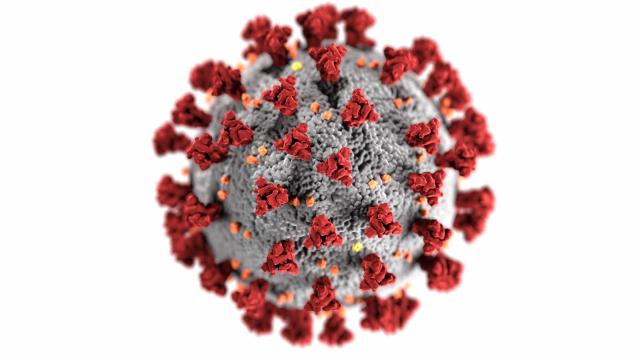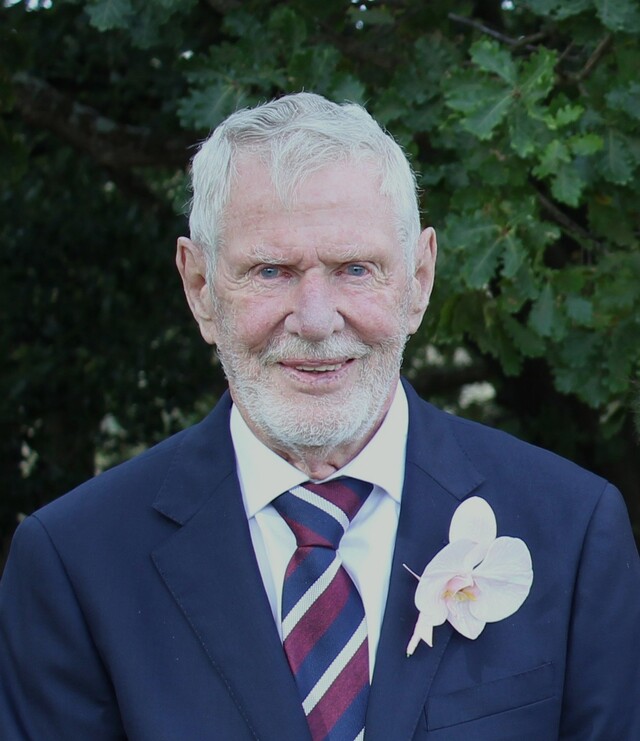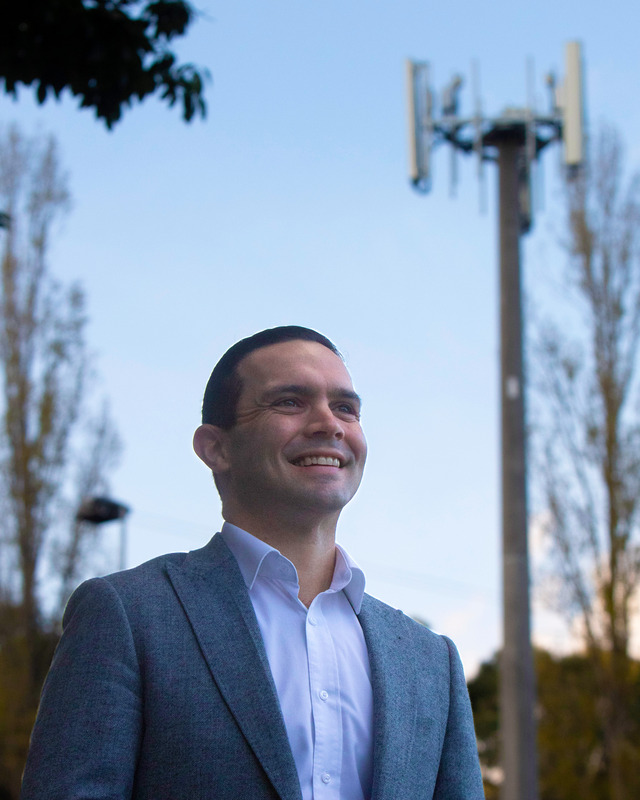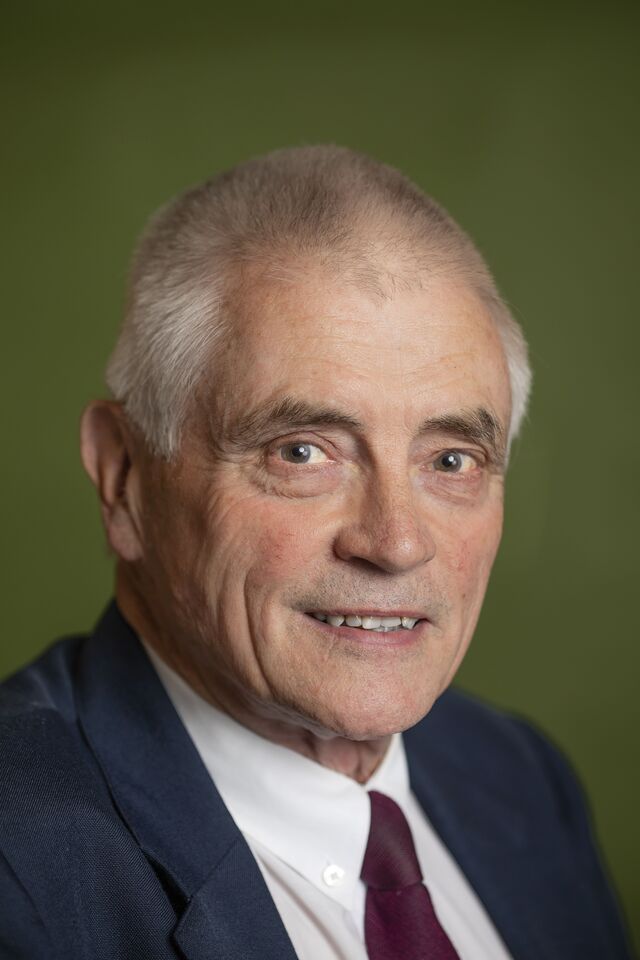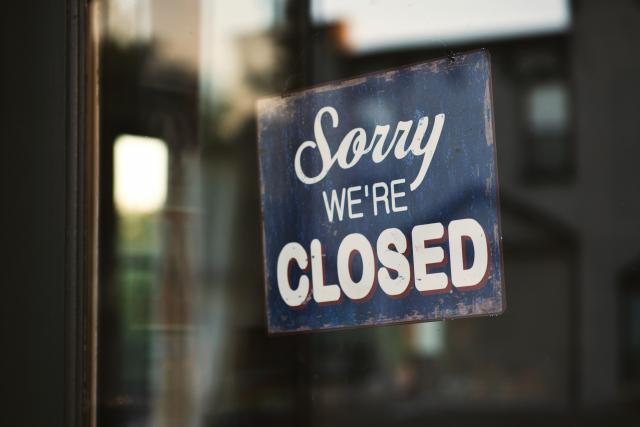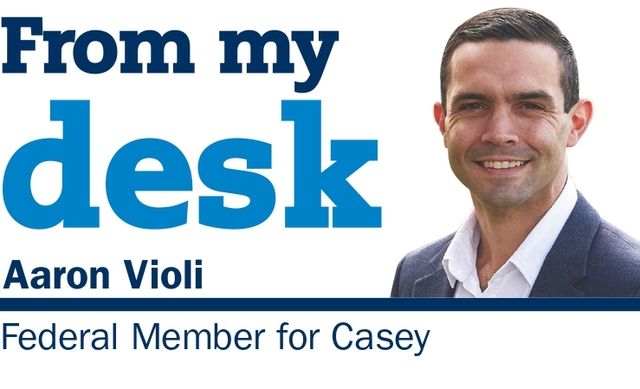A meeting of the National Cabinet has abolished the five-day isolation period for people with Covid-19 — outside of healthcare — from 14 October.
At a press conference on 30 September, Prime Minister Anthony Albanese said the premiers and chief ministers had agreed “unanimously” on the decision.
“We have agreed today that we will end states and territories will end their respective mandatory isolation requirements on 14 October,” he said.
“The pandemic leave disaster payments will end at that time as well with the exception of people in high-risk settings, which need to be given particular support.”
He flagged aged care, health care and disability care as previously identified areas to be included in the exception.
Federal Chief Medical Officer Professor Paul Kelly said the decision was made in the context of low community transmission in Australia.
“It does not in any way suggest that the pandemic is finished, we will almost certainly see future peaks of the virus into the future as we have seen earlier in this year,” he said.
“At the moment, we have very low rates of both cases, hospitalizations, intensive care, admissions, aged care outbreaks and various other measures that we’ve been following very closely.”
Prof. Kelly said in isolation itself cannot be seen in isolation and if there is pressure on the healthcare system a different decision may be introduced.
“It needs to be seen in the context of that high vaccination rate, high previous infection, giving further protection, the availability of treatments, the availability of vaccines, including the new Bivalent vaccines and all of the other measures we have in place, particularly to protect vulnerable people close to where they are,” he said.
“It’s time to move away from Covid exceptionalism in my view, and we should be thinking about what we do to protect people from any respiratory disease.”
The isolation period was slashed from seven days to five last month.

